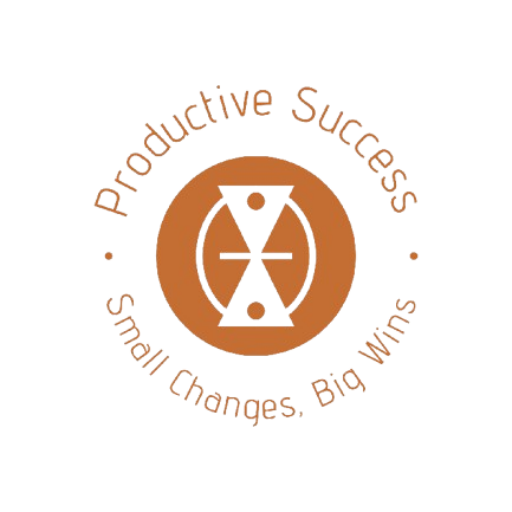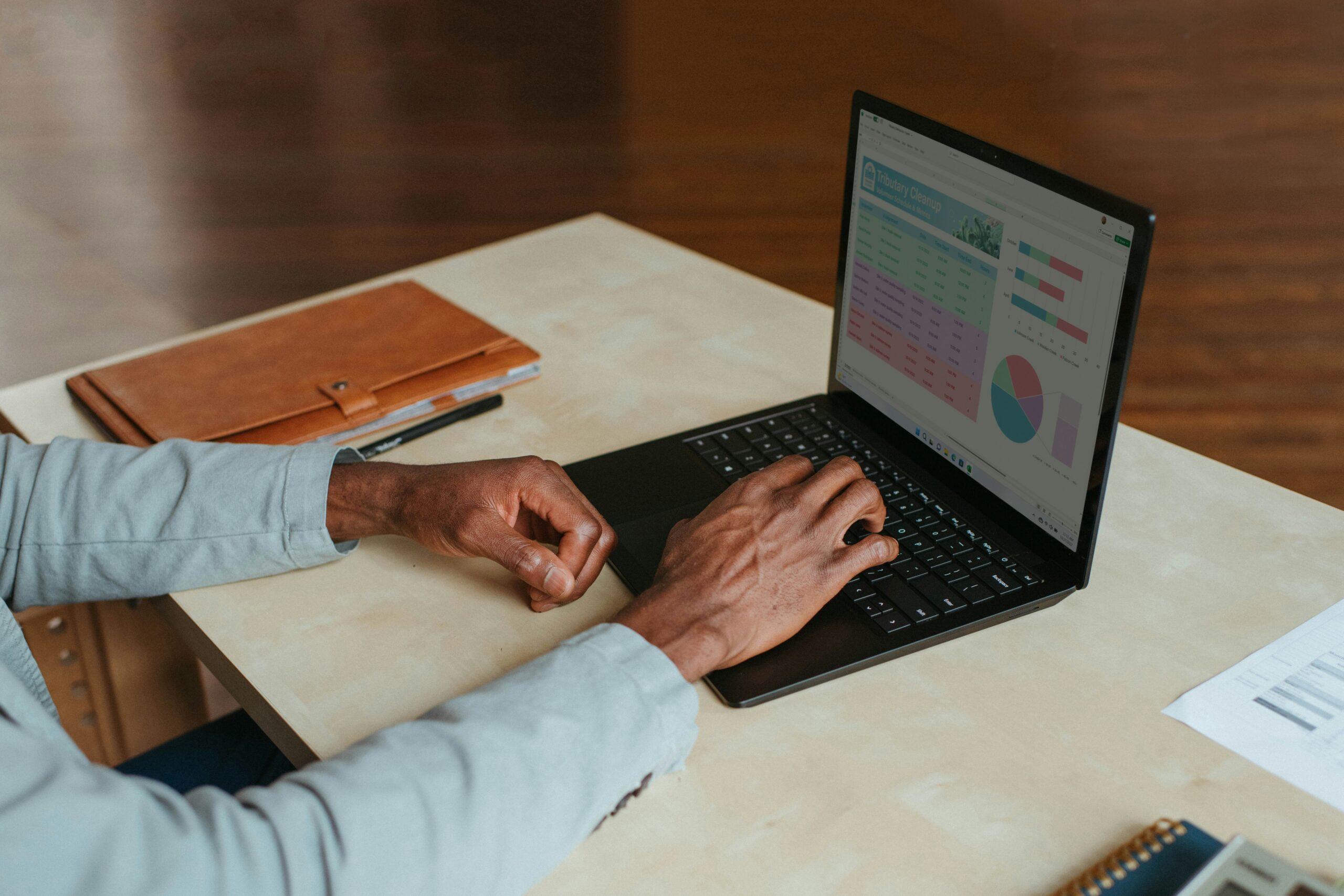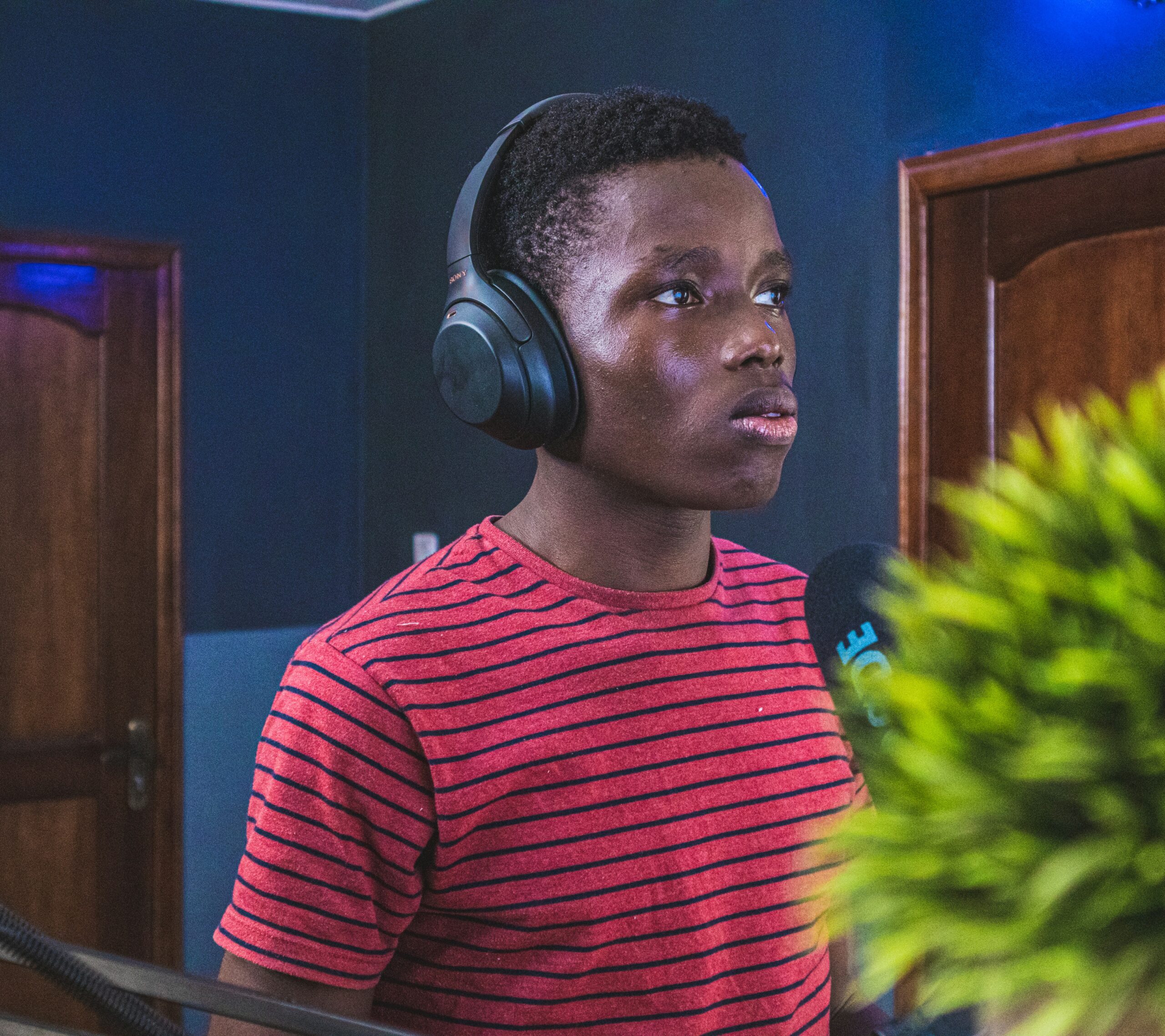Everyone who’s reading this blog most likely has an internet addiction. I mean, you’re reading this blog for a reason. However, I’m not here to make fun of you, I suffered with an internet addiction for the better part of a year. I know what it’s like to be addicted to the internet, so I’m here to help you and share what got me out of the addiction.
So, without further ado, let’s get into it
The Impact of Internet Addiction on Mental and Physical Health
Most people don’t understand how damaging internet addictions are. Furthermore, because of this misunderstanding people don’t even realize they’re in an internet addiction until it’s too late. So, if you have most of these addiction symptoms, you more likely than not have an internet addiction.
According to the Victoria (Australia) State Department of Health, an internet is defined by these symptoms:
Stress
If you get stressed by neglect other areas of your life in order to spend time on games, social media, etc, you most likely have an internet addiction. Often times you’ll lose track of time and won’t realize until it’s too late to do anything. Especially if you’re a teenager and you stay up way late into the night like I do.
Anxiety
If not being able to access the internet for a period of time causes you anxiety and stress, you most likely have an internet addiction. Fear of missing out (FOMO) is typically responsible for the anxiety that you get when you’re not online. You feel like you’ll miss out on something important and everyone will make fun of you.
Escapism
If you have feelings of depression, guilt, or just anything negative, and you decide to use the internet to forget about it, you most likely have an internet addiction. Using the internet as escapism from your actual problems is really common, and it doesn’t help that these scummy social media apps pray of your problems.
Instant Gratification
This is the last main symptom of an internet addiction, and the root cause of all the other problems on here is instant gratification. This is caused by having no attention span and needing the dopamine immediately. Once you need something, if in the first 5 seconds something interesting doesn’t happen, you scroll off of it.
This is unhealthy in your life because you won’t be able to focus or hold conversations anymore. You’ll have no patience or ability to do anything. This instant gratification also depletes your energy and work efficiency. By depleting energy, I mean feeling tired all day, not wanting to do any of your school work, and just not being able to lift up a finger.

Creating a Distraction-Free Workspace in the Digital Age to Reduce the Internet Addiction
Creating a Distraction-Free workspace to beat your addictions is difficult. You’re going to fail when you first try, that is guaranteed. However, you’ll find the growth through trying again after you fail and making it farther before you fail again. If you keep doing this process, you’ll eventually have made every mistake possible, becoming unstoppable in reducing distractions.
Screen Limits and Gradual Lowering
This method single handedly got me out of my internet addiction. And, most importantly, it’s completely free and anyone can do it. So, first of all, download the app Opal on your phone (or freedom on your computer, these steps are the same either way).
Next, determine your screen time, and what apps you want to decrease your usage on. It’s important to note that this method takes time, so don’t expect to cure your addiction in one week.
Next, you want to set a time limit that is 5 minutes under your screen time for your app. For example, let’s say we have a 3 hour average screen time on YouTube.
I would make my screen limit 2 hours and 55 minutes because 5 minutes less feels like nothing. Every day, I would lower it by 5 and eventually, you’ll have a screen time of 30 minutes on YouTube and it would have felt like nothing. This method is what I call gradual lowering.
The reason gradual lowering works is because your usually screen time is almost exactly the same as your limit. Therefore, you decrease your chance to relapse since usually you wouldn’t go past your screen time.
Other General Tips for Reducing Internet Addiction
First of all, you should have your notifications completely muted at all times (barring specific people). When you don’t have notifications, you dramatically lower the amount of times you check your phone, making it less likely for you to start doom scrolling on social media.
For your physical workspace, pick a place which isn’t cluttered. I have a blog on the harms of clutter, but generally speaking clutter reduces your focus and distracts you from your work. So, having a clean workspace lowers your distractions and makes it less likely for you to back to scrolling on the internet.

Mindfulness and Focus Techniques to Regain Control over your Internet Addiction
Along with gradual lowering, mindfulness was a key factor in curing my internet addiction. Mindfulness and meditation just give you the ability to not act upon your thoughts. This allows you to stop scrolling, regain your attention span, and realize while you’re scrolling that it’s bad.
Meditation
Meditation is the simplest and most effective way to boost your focus, and lower your internet addiction. In addition, meditation is really simple, and most people can do it anywhere and any day. First, start by setting a timer up for however long you want. I recommended for beginners to set it to 30 seconds to a minute and gradually increase it as the days go by
Then, during this timer, you should just focus on your breath and let the thoughts roll by. It’s ok to get distracted and start thinking about some random memory from a year go, the important part is going back onto your breath as soon as possible.
Think of each time you lose focus and regain focus as one rep of an exercise. The more reps, the better you become at the exercise. So, the more times you regain focus during meditation, the longer you can meditate and the bigger the effect meditation will have on you
Gratitude Journaling and Nature
These go together as two good habits to reduce your internet addiction. Gratitude journaling is also really simple, you just write one line about something you’re grateful for. That’s it. You can write more, and I recommend that you do write more. However, you don’t have to and in the beginning you shouldn’t expect yourself to.
Here’s an example of something you can write “I am grateful for my parents for loving me”. That’s it.
Being in nature is also self explanatory. You should just go outside every day for about 5 minutes with no technology on you. You’ll feel more connected into nature, in turn, you won’t want to spend as much time on the internet.
You can combine these habits and journal in nature, like I sometimes do.
Deep Work
Deep work is to work on an important task for a period of time uninterrupted it. This is a habit you should take up after you do all the previous ones because you need to be at least a recovering internet addict to do this. Simply put, you should set timers of 30 minutes where you’ll focused on one task, and nothing else. Deep work helps you reduce distraction. Furthermore, there’s a lot of other things to deep work which you can check out here.

Building New Productive Routines to Stay on Track
Building routines is the backbone of productivity. You need to be able to have certain times every single day where you’re focused no matter what. These times allow your brain to prepare for being focused, and will make it easier to enter deep work states.
Time Tables for Productivity
Time tables is as easy as it looks. You create a table with times and what tasks you’re doing at that time. For example, a time table could look like ” 6:30-7:30: Study for my math exam, 7:30-8:30: Work on my business, 8:30-9: Read”.. you get the point. Time tables allow you to structure your day for success, and provide the blueprint for your optimal day.
Now, a lot of the times some unexpected event will occur and throw you off your schedule. That’s fine, in order to make up for it, you should assign double tasks for certain times in case you need to make it up. For example, “6:30-7:30: Study for math exam, work out if not done earlier in the day”. This simple reassurance allows you to move around tasks and make the table as complicated as you’d like it to be.
Habit Tracking
This a simple method of getting a piece of paper, putting your habits on it, putting the dates on it, and checking off the boxes of each habit whenever you do them. It’s a great way to track progress, and it’s a great way to keep your habits in check each time. Check this blog out for more information on habit trackers.
Morning Routines
Another way to set a routine is to do your hardest habits and work in the morning. In the morning, studies show you’re more prepared to do your hardest work. In addition, you probably haven’t spent time on the internet in the morning, making it a perfect place to do all your work. So, I recommend immediately after waking up you should “eat the frog”.
Eating the frog means to do your hardest task of the day in the morning. So, let’s say I have a chemistry final exam in a few days. I would spend my whole morning studying for the chemistry final exam because I have the most focus, and it’s my most important task.

Conclusion
Beating an internet addiction has several factors to it. First of all, you need to realize the symptoms of one and to be sure that you have one. Next, you need to set screen limits and gradually decrease your bad habits online. You still have to finish your work, however, so you need to learn deep work strategies and other routines in order to structure your day around specific habits. Remember though that
Nothing changes if nothing changes




